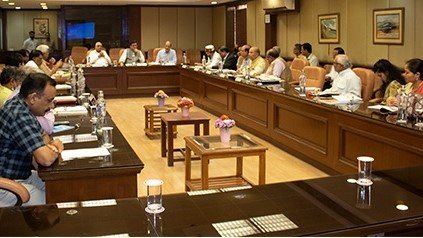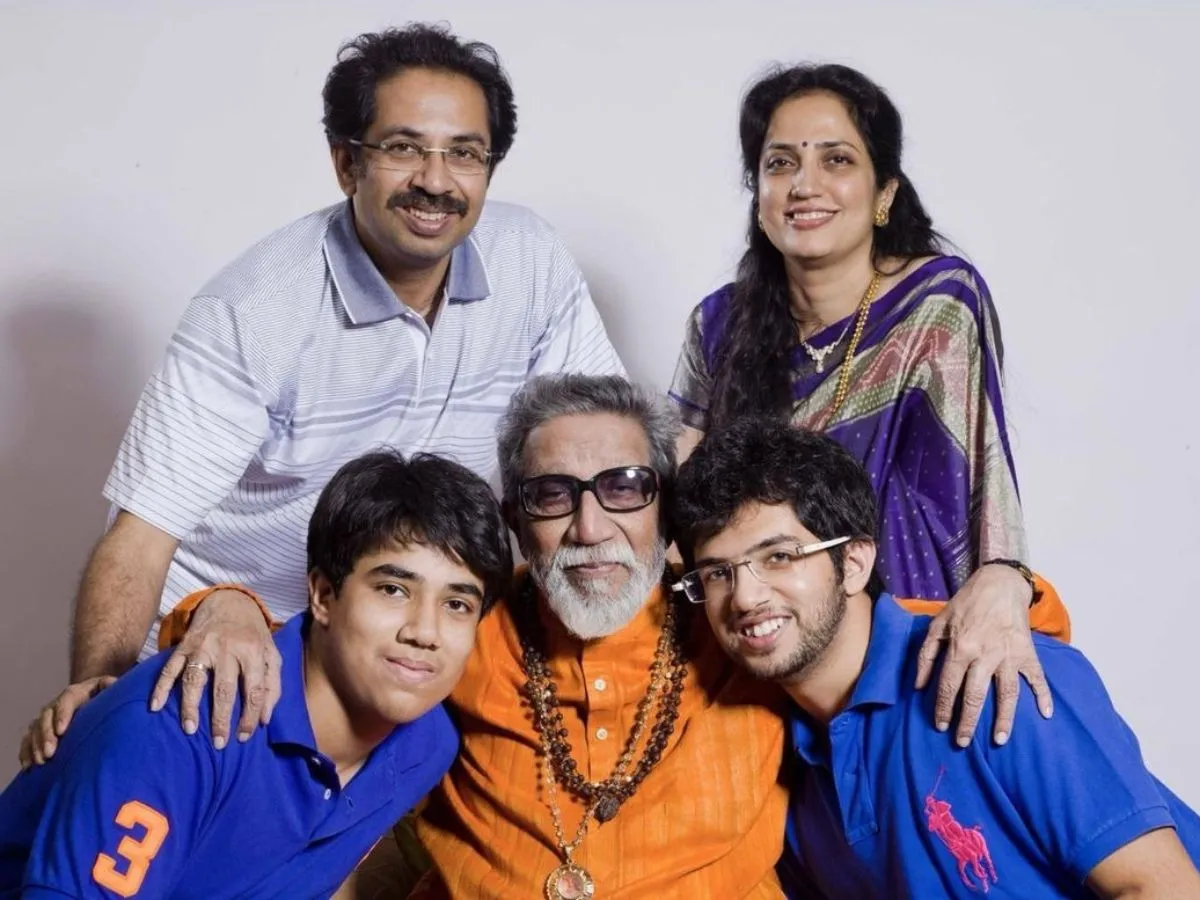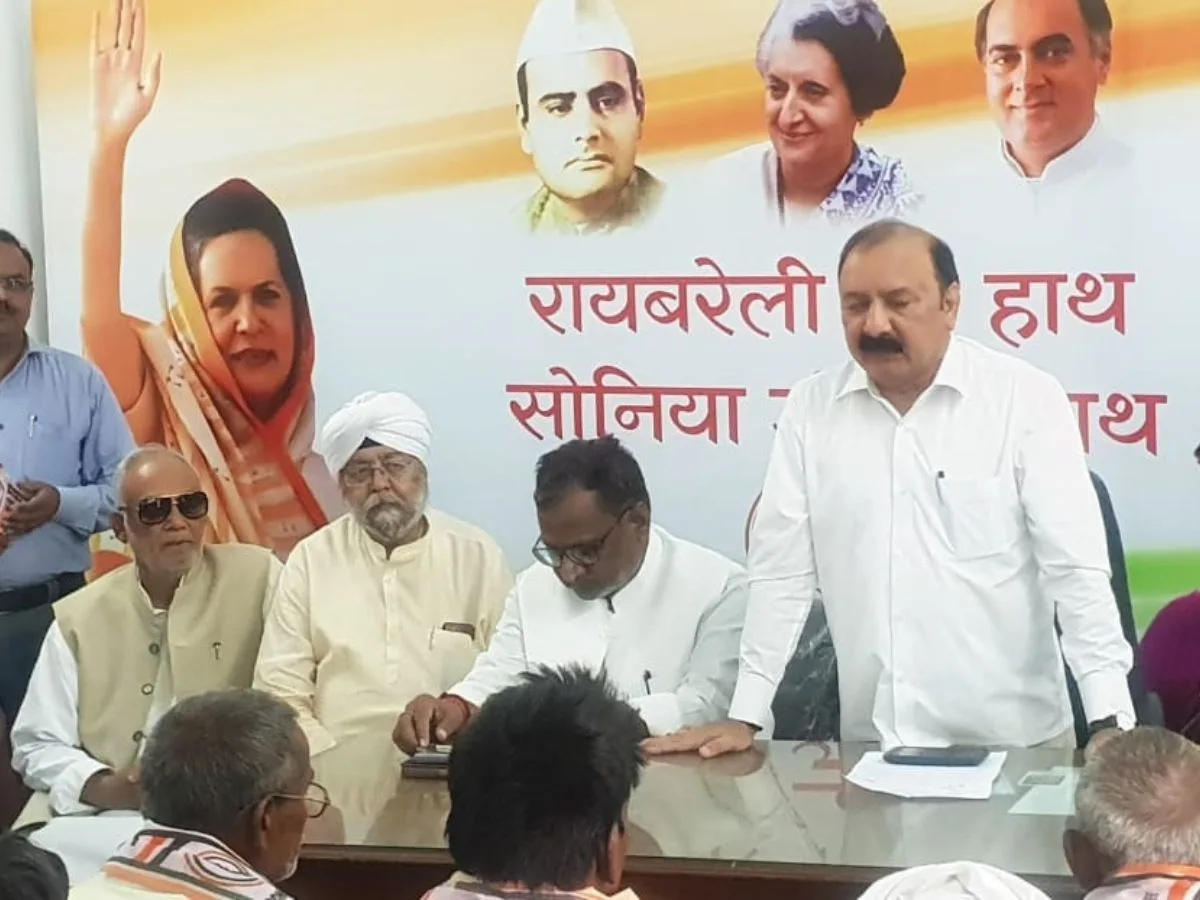Read in : தமிழ்
Independent India’s founding fathers and mothers had envisioned that any social science research institution’s efforts and its outcomes should reflect the ground realities and struggles of the people, translating into public policy debates to improve living standards across strata.
The institutions are paramount pillars for making the right kind of social science research efforts with pertinent research questions to gauge the ground-level challenges faced in society at national, regional, and villages/town levels. This in turn helps to firm up the societal issues which are involved and imperative to make the right kind of policy changes with targeted segments.
Soon after independence, successive governments’ set up several national-level institutions to help the government in different capacities to frame public policies. According to J.P. Naik (who as Member-Secretary wrote roles, responsibilities, functions, programmes, & organisation of the Indian Council of Social Science Research [ICSSR] in 1971), the new institutions were entrusted “to bring about a planned reconstruction of our society…help to provide better insights into our social problems and their solutions…”.
One such premier institution in the country is the ICSSR established in 1969. It has been more than 50 years now and the institute still dominates as the major source of funding for academic research of more than two dozen research institutions/centres and thousands of faculty across the country serviced by six regional centres. The coverage of social sciences disciplines has also widened for the larger goal of knowledge sharing, dispersion, and dissemination.
These apex institutions were funded out of taxpayers’ money to be part of the overall growth and development of the country as well as bringing about tangible changes in the citizens’ lives with basic services and facilities through policies shifts.
One such premier institution in the country is the ICSSR established in 1969. It has been more than 50 years now and the institute still dominates as the major source of funding for academic research of more than two dozen research institutions/centres and thousands of faculty across the country serviced by six regional centres
At the international level, in the “Scopus database, India is ranked at 7th position for its social science publications and its share in global publications is nearly 4.25% whereas in Science & Technology publications, India is ranked at 3rd place and its share is around 7%”. It is the qualitative aspects that make a difference in the research outcomes in the basic sciences as opposed to the social sciences in India.
However, the issues of quality have become a major concern in the studies and projects funded by the ICSSR both from academic and public policy perspectives. Broadly, the apex institute provides two types of funding such as minor and major projects which range from less than one year for the former and one to two years for the latter. Other agencies like the University Grants Commission, state governments, and various departments of Union ministries also provide grants for social science research.
Inmathi.com has covered issues regarding funding constraints of social science thinktanks such as the Chennai-based MIDS, highlighting a steady decline in support for policy-based research. But ICSSR’s decisions are based on well thought out parameters.
Also Read: Rs 217 crore — the yearly loss from degrading Pallikaranai marsh
During the last 52 years, “the ICSSR has granted 6,793 Major, Minor and Collaborative Research Projects… provided financial assistance to 1,853 scholars for publication of their Doctoral Theses/Projects/Fellowship Reports/Conference Proceedings, financially supported 1,008 social science journals and 374 professional associations involved in social science research activities,” reports the ICSSR’s Annual Report for 2020-21.
It is interesting to see that the apex institution has reported that it has “granted” the projects instead of “completed” them, because about 20% of funded projects were not completed on time and about 7% of funded projects (451) were cancelled. During 2016-17 and 2017-18, around 23% or 108 projects and 31% or 112 projects were still not completed respectively.
Being an apex institute, the functions of the ICSSR are being questioned from academic and contemporary public policy perspectives for the relevance and contexts in which the studies are conducted, the methodological approaches, sample size, the authenticity of primary surveys’ etc.
There have also been incidents of lack of accountability and transparency which have been highlighted in the institution’s audit reports, but strangely those have been ignored for several years now. For instance, on the audit report presented in the ICSSR’s Annual Report of 2017-18, the CAG of India had flagged discrepancies in accounts statements. Often the disbursements of funds were found to be opaque.
Further, the CAG audit had asked the apex institute to do complete accounting of all of its financial transactions both at the New Delhi office and all its regional offices “since 2009-10 but remedial action has not been taken.” Therefore, the complete accounts statements for the financial year 2017-18 were not done. Several review committees of ICSSR institutes that have time and again recommended improving the governance structure, quality of research outcomes, and independent evaluation of completed research reports for policy implications have been ignored.
For instance, the 4th review committee report of the ICSSR, submitted in 2007, emphasised that the “quality of social science research output, its contribution to improving our understanding of socio-economic processes, and to the shaping of public policy, have fallen short of expectations.” Similarly, another review committee in 2011 stressed the governance of ICSSR, quality of research reports, etc.
The Department of Secondary and Higher Education, Union Ministry of Education has provided grants to ICSSR of Rs.109.90 crore in 2020-21, Rs.133.06 crores in 2019-20, Rs.124.58 crore in 2018-19, Rs.189.2 crore in 2016-17, Rs.171.72 crore in 2015-16 and Rs.164.97 crores in 2014-15. Thus, the total grants have been steadily falling over since 2014-15.
Also Read: Ambasamudram to CISR: Kalaiselvi to power India’s lithium ion mission
The ICSSR has launched a new research funding scheme called “Impactful Policy Research in Social Science” (IMPRESS) which aims to provide a research-based roadmap to address policy challenges of society and consequently the social science research landscape. The new scheme was launched in 2018 with a fund outlay of Rs.414 crore for a three-year period.
The key thematic areas covered under this scheme are quite different from the usual areas funded by the ICSSR.So far, two sets of studies were provided with financial support. In the first and second tranches of projects Tamil Nadu got the maximum number of projects in the country. About 20% of research applications received (677) in the second tranch were from Tamil Nadu which was the highest among the states.
The research projects funded (1,500) through the new scheme like IMPRESS are yet to be assessed for the renewed approach to improve the quality of social science research projects to address pressing public policies. The applied social science research aspects continue to be ignored ignored. Most of the sample sizes selected for primary studies were skewed.
Whether the union government or state governments, the current situation is such that both at regional and national levels, they did not rely on the research projects outcomes of the ICSSR, UGC, independent institutions, NGO institutions, etc. because these institutions either overestimate or underestimate the “social realities” with some prefixed notions of vested interests or ideological biases
There are also comparisons of funding provided for social science research vs the Indian Council of Medical Research (ICMR) or Council for Scientific and Industrial Research (CSIR) which receives more funding from the government and it has several dozens of specialised labs for experiments of innovations and inventions for which they also file patents both in India and abroad.
Nevertheless, the key issues with social sciences researchers are such that they are too regressive in academic focus and have no sense of public policy research which has strong nexus with ground realities. These trends led to the government authorities slowly but steadily deviating from the inferences drawn from the ICSSR-funded project reports.
Moreover, eventually, whether the union government or state governments, the current situation is such that both at regional and national levels, they did not rely on the research projects outcomes of the ICSSR, UGC, independent institutions, NGO institutions, etc. because these institutions either overestimate or underestimate the “social realities” with some prefixed notions of vested interests or ideological biases. None can claim as independent studies except barring a few which are also ignored by the mainstream academia, media, and policy institutions.
To sum up, there are several apex institutions including ICSSR which are yet to be reformed with the emergence of the major economic reforms initiated in the 1990s and thereafter. These institutions continued to function in the old pattern of socialism and command and control raj era rather than be dynamic and forthright with the needs of the community across the country.
While these institutions should maintain autonomy for making bold recommendations of public policy changes back with substantive data which are sound in logical conclusions. Institutions like ICSSR can and should supplement both community and government efforts to mitigate the challenges in society.
(The author is an economist and public policy expert)
Read in : தமிழ்











